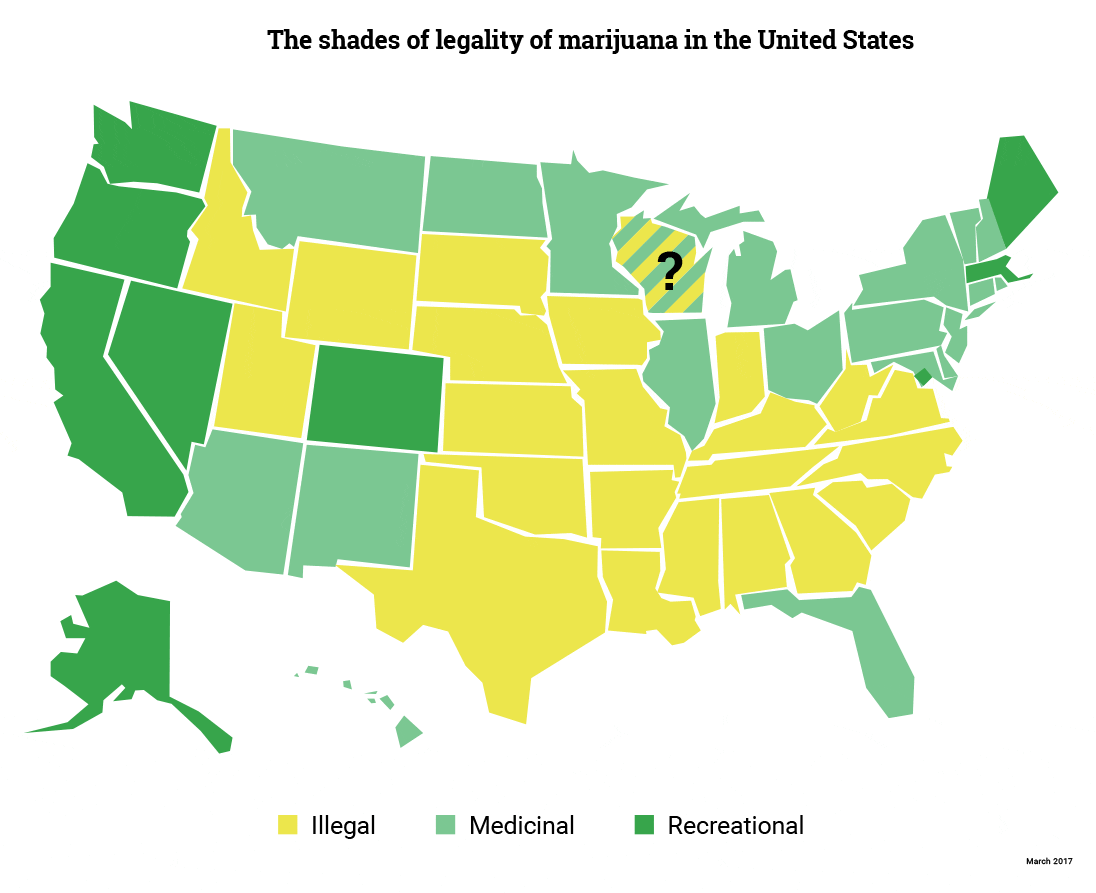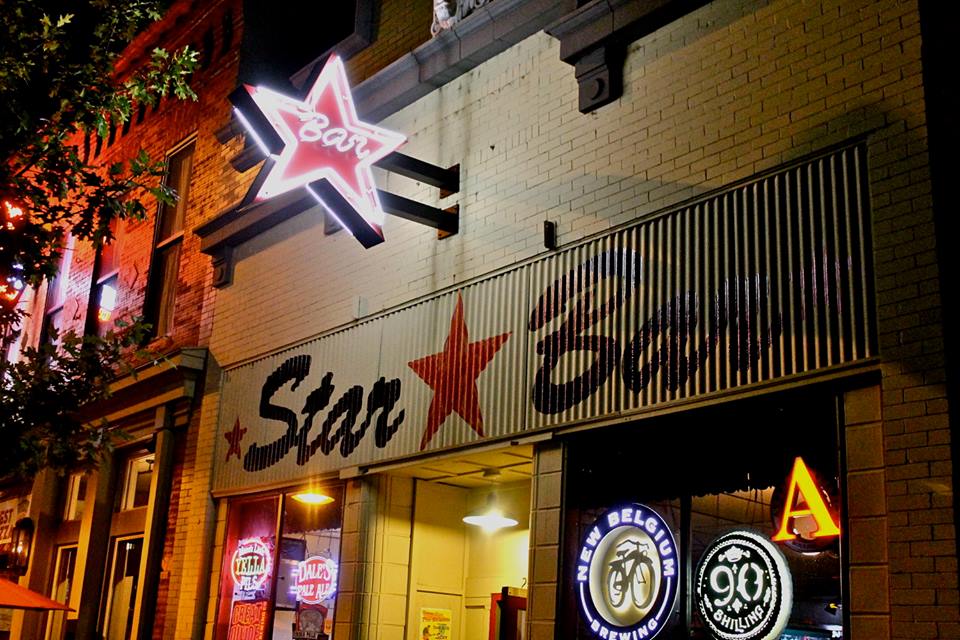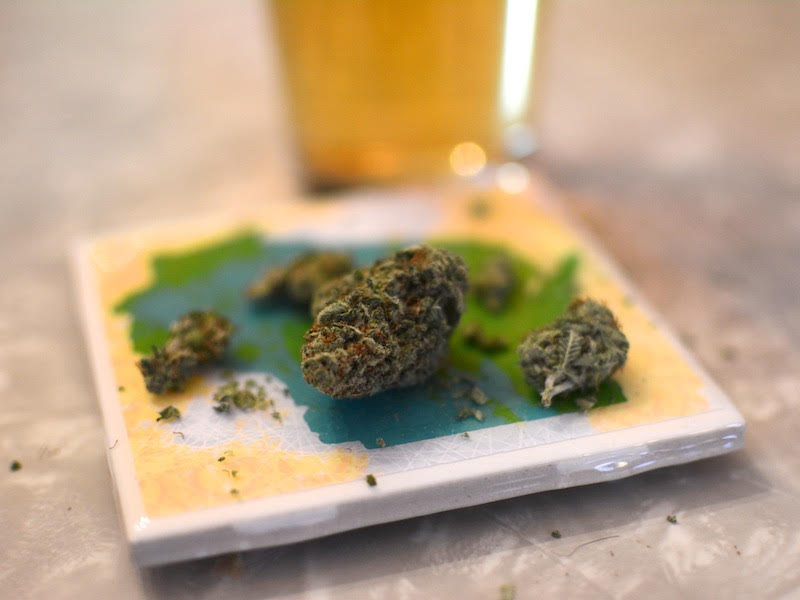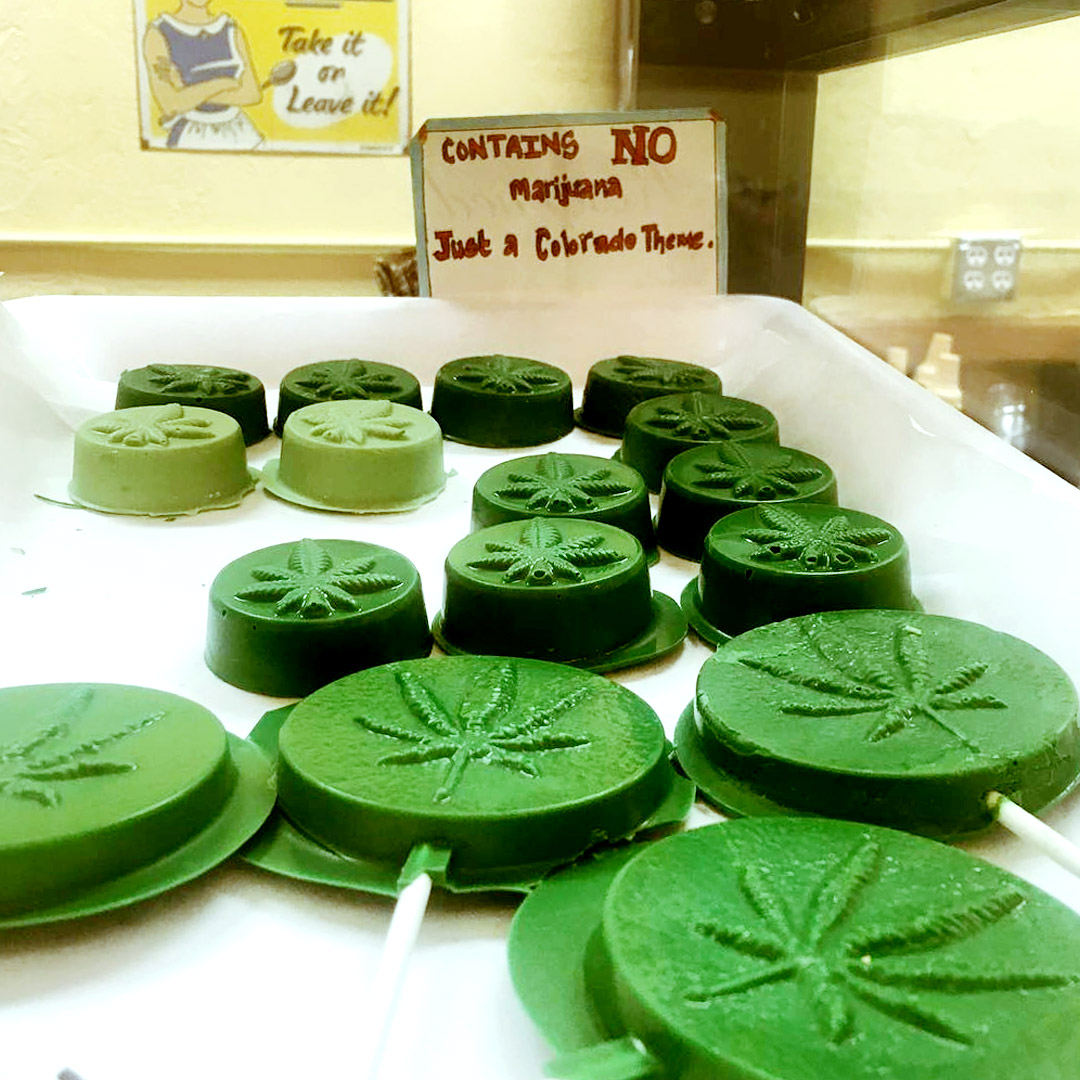Today is "4/20 Day" so we are rerunning this article from 2018.
It’s challenging to try and keep up with which states have legalized marijuana and in what ways – even if you aren’t stoned.
Currently, Wisconsin is riding the slow train to legalization. In February, the Wisconsin Senate passed a bill allowing people to possess cannabidiol under limited circumstances in Wisconsin. Gov. Scott Walker then signed the bill on April 17, making it legal for the parents of children who suffer from seizures to access cannabidiol oil to reduce or prevent seizures.
Although marijuana remains illegal on the federal level, 29 states have laws legalizing marijuana in some form – mostly for medicinal purposes. Alaska, Colorado, California, Massachusetts, Maine, Nevada, Oregon, Washington and Washington, D.C. adopted laws that permit recreational use. However, this does not mean it’s a hippie free-for-all in the streets of these places. Every state has its own stipulations and not one of them permits smoking pot in public, including parks, bars, restaurants, concert venues, etc. (There are, however, "420 hotels" where pot smoking is permitted.)
If the legalization of cannabidiol is the first of numerous pieces of legislation that will loosen the marijuana laws in Wisconsin – or if weed becomes legal on the federal level (which seems unlikely under the Trump administration) – this raises questions about the kind of impact these laws might have on our state, particularly in correlation to our beloved beer industry.

Pete Madland is the executive director for the Tavern League of Wisconsin and he says he’s seen conflicting reports about whether legalizing weed would smoke out beer sales.
"I did read an industry report just yesterday that beer sales in Colorado decreased by 7 percent," says Madland. "But even without hard data, anecdotally and from what I’ve learned from many people in the industry, I believe it would be bad for business."
Jim McCabe, the owner of Milwaukee Brewing Co., believes legalizing marijuana would definitely affect Wisconsin craft beer sales.
"I don't think anyone loses fans of craft beer from legalized marijuana, but it does mean people will drink less when they are out," says McCabe. "Craft beer is a natural ‘slow drinking’ companion to weed. So, we will simply have to market a little differently, more cleverly."
Madland’s and McCabe’s predictions are backed by other research, as well. According to a study conducted at the end of 2016 by financial analysts at Cowen & Company, which was originally reported by the Denver Post, beer sales decreased by 2.6 percent in Colorado, Oregon and Washington, where recreational cannabis is legal.
The decreases, in Colorado anyway, don't seem to affect everyone equally. Dan Maguire is the general manager at The Bitter Bar in Boulder and says he has not seen any changes in alcohol sales since marijuana was legalized for recreational use.
"Marijuana and alcohol are not mutually exclusive," says Maguire. "People do both. But of course they have to be more careful when smoking and drinking so they don’t get too messed up too quickly."
Also, because all of the new recreational laws restricting smoking pot in public spaces, people will still seek out the social aspect of going to bars and restaurants. Smoking pot at home is simply not the same as going out to a bar or multiple bars for the evening.
Justin Lloyd, who has owned the Star Bar in Denver since 2010, says he has not experienced a decrease in alcohol sales since marijuana was legalized for recreational use in 2014.

"I haven’t seen any change in beer or liquor sales at my bar," says Lloyd. "Marijuana has always been a part of Colorado’s culture. It’s always been going on – even before legalization."
Wisconsin culture, of course, is centered in drinking beer (and recently, spirits) so it’s challenging to speculate if legal weed would be as popular and profitable as it’s been in other states. Dispensaries in Washington and Colorado raked in billions of dollars from heavily taxed, non-medical marijuana sales while Oregon, during its first year of legal marijuana (2015-16), generated $15 million in tax revenue. The profits go primarily toward public schools, local governments and state legislature.
"There are more dispensaries than Starbucks in Denver," says Brian Eckes, who moved to Colorado from Milwaukee in 1997. "So (recreational legalization) has created lots of jobs and rejuvenated shops in some run-down parts of town, not to mention the added tourism revenue."
Dispensaries offer marijuana buds, as well as a variety of edibles, salves, disposable vapes – ideal for tourists who don’t want to travel back with "product" – cannabidiol and more. Cannabidiol (CBD) relieves aches and anxiety without psychoactive effects, meaning it doesn’t make the user feel "high."
Eckes also points out that the cost of marijuana has gone down since it became regulated. This is good news for Wisconsin smokers who are hopeful our laws will change.
"Ounces now are between $100 and $150, down from $350-$400 when it was illegal," says Eckes. "That has basically dried up any black market, freeing up police and judicial resources for actual criminals."
If pot were legalized in Wisconsin, it’s interesting to consider where the dispensaries might open in Milwaukee. Most likely, the dispensaries would appear in a variety of neighborhoods, not just located "on the outskirts of town," like adult shops usually are.
A cannabis industry professional, who asked to remain anonymous, relocated from Milwaukee to open a dispensary in Colorado in 2015.
"Dispensaries are everywhere, from Main Street to off the highway," he says. "They just can’t be within 1,000 feet of each other or from a school or drug rehab center. It’s phenomenal and very challenging running this business because the industry is not federally regulated and regulations are constantly changing. There’s no road map to success in such a new industry. It’s definitely not like opening a shoe store."
Olivia Mannix is the founder and CEO of the Denver-based Cannabrand, the first cannabis-centric marketing agency that works to rebrand marijuana and educate people about the drug.
"Since the legalization of recreational cannabis use, opiate deaths have gone down in Colorado by 30-40 percent," says Mannix. "Teen use has gone down. Traffic fatalities and crime have gone down."

Whether or not pot legalization has increased crime and death in Colorado is difficult to pinpoint. Marijuana-related statistics in legal states are hazy, mostly because legalization is new and under-tested, but also because terms like "marijuana related" and "tested positive for marijuana" are not the same as marijuana being the root cause of the incident.
According to Lloyd, the biggest challenge of owning a bar in a state with legalized pot is not violence or crime, but rather enforcing the no-smoking policy both inside and outside of the bar. "This is usually more of a problem with tourists because they don’t realize it’s not legal to smoke pot at a bar, even on a patio," says Lloyd.
Lloyd’s second biggest challenge is not knowing if someone ingested marijuana before coming into the bar. "Edibles" are an extremely popular form of marijuana consumption and are available in many forms, from chocolates to milk to "Cheeba Chews." (Gummy bears, formerly a stoner fan favorite, were outlawed in October because some feared they were more likely to wind up in the hands of children.)

"Edibles, especially at first, were extremely unregulated," says Lloyd. "And they have a very slow absorption rate so someone might eat one piece of candy, not get the desired effect after 20 minutes and so they eat a few more and an hour later they are, literally, on their back. Once you have that much THC in your system, there is nowhere for it to go."
Eckes has also seen the misuse of edibles and says more information about them needs to be readily available.
"Giving tasty, strong edibles to tourists is like giving a bottle of vodka to a 14-year-old and telling them to be careful," Eckes says. "If you keep eating them until you feel good, you have gone way too far and it takes a long time to come down."
And although no one has ever died from a marijuana overdose, over-indulging can cause severe anxiety and crazy choice-making that could put a person in danger.
"We don’t serve anyone if they are clearly intoxicated, but the problem is there’s no way to tell if someone just woofed down five gummies," says Lloyd.
Marijuana use — particularly if combined with drinking alcohol, can certainly impair driving, but stoned driving is difficult to detect.
"I'd like to see technology, much like a breathalyzer, that can be used to determine if the individual is too impaired to drive," says Carrie Wisniewski, who owns Redbar in St. Francis. "I think people have gotten much smarter about drinking and driving and having Uber and Lyft, but I'd hate to see a bunch of stoned-out 20-somethings bar-hopping by car."
But despite safety concerns, Wisniewski is in favor of the legalization of marijuana.
"I don't think it would affect my business at all. So basically, smoke it if you got it but be smart about it," says Wisniewski.
This sentiment is shared by Mike Eitel, who owns the Nomad World Pub, among other businesses.
"I don’t actually smoke marijuana or use THC products, but I support the whole legalization thing," says Eitel. "To me, it’s like alcohol, tobacco, even pharmaceuticals – all should be regulated and taxed. Young people should be taught the negative health effects and dangers of using it too early in life and legal users should be taught moderation, responsible use and so on."
Although legalized pot smoking for fun would have a limited effect on beer and spirit sales, most local bar owners aren’t worried about the competition – or even see it as competition in the first place.
Doug Bensyl lives in Milwaukee, but is currently considering relocating to western Colorado where he was offered a job as an operations manager in a growing facility.
"It’s hard to say exactly what would happen in Wisconsin if it became legal. We’re so pro-alcohol here – the alcohol industry has a very powerful lobby – and we’re slow to change in many ways. We were one of the last states to raise the drinking age to 21," says Bensyl. "But remember: Alcoholics beat their wives; potheads just burn pizzas."